Yesterday, I received a complaint from a certain lady, living in Ikorodu, Lagos State. Her husband is being threatened by his creditor to pay debt owed the creditor. Her husband pleaded for more time, blaming the Coronavirus (COVID-19) lockdown in Lagos State. The Creditor lives in London, where there is a probable better understanding of COVOD-19 pandemic but she swore to mercilessly deal with the debtor, if she doesn’t receive payment in five days time. Part of the questions to deal with, in advising the lady, are: what are the rights of creditors and debtors, generally? What are their rights when their agreements are impossible to be performed due to higher forces? What protection do debtors have during lockdown? What are the duties of debtors during lockdown? Is being in debt a crime? Is willfull refusal to pay debt a crime? How can a debtor be dealt with “mercilessly” during lockdown?
With the damaging effect of COVID-19 pandemic, most human interactions including businesses have come to an abrupt halt in Nigeria and across the world. Following the orders of the President of Nigeria, there is a lockdown in Lagos State, Ogun State and Federal Capital Territory since 30 March 2020 due to the pandemic. Surprisingly, while the President ordered lockdown in 2 states and the capital of Nigeria, the Chief Judge of Nigeria ordered a closure/lockdown of all the courts in Nigeria but allowing only cases of urgency. The action of the Chief Justice has been condemned by many, who argued that the Chief acted beyond his powers (my publication on this issue can be read via this link).
Before the lockdown, people could make agreements, take loans/credits, work towards honouring their agreements, honour their agreements or be penalized for not honouring their agreements. An aggrieved creditor or debtor could engage a lawyer and approach a court for legal remedies. Courts could hear debt recovery cases and give judgments, so that debtors could be forced by courts to pay their debts or have their assets forcefully taken to cover their debts. I am not unaware that some unscrupulous creditors could use law enforcement agencies to intimidate and forcefully recover debts. Well, this has changed now and cannot be realised now because of the present lockdown of some states and all courts in Nigeria.
No one predicted COVID-19 pandemic and the lockdown in Nigeria. COVID-19 and it’s resultant lockdown are unforeseen hardship (force majeur) frustrating and making some agreements/contracts and promises to pay unrealisable. Businesses are shutdown not wilfully by their owners rather by the forces of the ravaging virus and need to be alive. It is expected that all affected agreements, duties and rights contained in them, are also on lockdown(suspension).
If we agree that COVID-19 pandemic and government ordered lockdown has frustrated agreements and obligations in agreements, then the rights/benefits in agreements are also affected and suspended. However, a debtor has a duty to give early communication of frustration of agreement to his creditor. Creditors must be timely informed, where possible through agreed means of communication (often written notice/emails). With an early communication, parties can take steps to avoid further loss. For example, a tailor that has an agreement with a textile company in Kano State for the production of ten (10) containers of textile, must give early notice to the company of his inability to pay, take delivery and honour their agreement. At that point, the textile company may reduce its own loss by ceasing production, preserving raw materials and contacting its own creditors. It is the duty of a party claiming frustration to communicate same to the other party, timely. It is the right of a creditor or any party losing from a frustrated agreement, to ensure that he does not loss beyond the complained act of god or from the mere negligence of the other party claiming frustration. By the way, creditors have right to demand for repayment from debtors.
Due to the lockdown order in Nigeria, the locked/closed courts in Nigeria and the fact that cases of debt recovery are not matters of urgency, there is practically no legal means of recovering debts in Nigeria, during this COVID-19 lockdown. Furthermore, it is surprising that legal services are not considered as essential services in Nigeria and lawyers are not exempted from the lockdown. So, from formal demand letters to filling law suits for recovery of debts, it is impossible at this time, having in mind failure of Nigerian law courts and businesses to transact online. This is a frustrating period itself, when agreements are halted, businesses are forced to sleep, liabilities are growing, rights are violated but there are no legal remedies, at the moment. Until this pandemic is over and lockdowns are reversed, creditors and debtors will have to mop at each other and gather evidence, hoping to approach the courts later.
At no time, are law enforcement agencies allowed or approved to recover debts. Before, during and even after lockdown, law enforcement agencies cannot recover debts. Owing and being in debt is not an offence. Also, owing and refusing to pay/offset debts is not an offence. An attempt by law enforcement agencies to recover debt is illegal and often involves breach human rights of debtors, which begets massive liabilities for creditors. The petty trick of christening debts as criminal breach of trust, fraud or cheating by law enforcement agencies, is now well known to judges; it is bad news to unscrupulous creditors and their law enforcement agencies. There is no need wasting my spiritual energy on illegality of use of self-help, louts, criminals or violence to recover debts. Any person engaging in such illegality, will soon land in the correctional centers (prisons).
There is no way to “mercilessly” deal with a debtor other than to gather enough evidence, get a good lawyer and head to court, after the lockdown. Once human rights of a debtor is breached, the affected debtor can sue its creditor and concerned law enforcement agencies for several millions of Naira as damages for breach of human rights. Human right cases are matters of urgency and can be treated by courts even during this COVID-19 lockdown.
Please note that COVID-19 is not and will never be a blanket defence for debtors to evade payment. It does not wash away matured debts/debts that were due before the pandemic. It is not an opportunity for people to take advantage of their partners, avoid responsibilities and cover up their negligence and fraud. Every person that claims frustration under COVID-19 pandemic, must clearly prove when, how and why the pandemic frustrated his affairs, obligations and that he never contributed to it. Those that will come with COVID-19 as defence must work hard and come with clean mind and hands. COVID-19 will not write off debts rather may give more time for debts to be paid; it is not uhuru or jackpot for debtors.
My authorities are:
1. Sections 1, 6 and 214 of the Constitution of Federal Republic of Nigeria, 1999.
2. Section 4 of the Police Act.
3. Provisions of the COVID-19 Regulations, 2020.
4. Chief Justice of Nigeria’s Circular (Circular No: NJC/CIR/HOC/11/631) dated 23 March 2020.
5. Chief Justice of Nigeria’s Circular (Circular No: NJC/CIR/HOC/11/656) dated the 6th day of April 2020.
6. The Supreme Court’s decision (on the use of law enforcement agencies to recover debt, criminal breach of trust, cheating and duty of police) in the case of KURE THEOPHILUS V. COP (2020) LPELR-49378(SC)
7. The Supreme Court’s decision (on debt and place of payment of creditor by debtor) in the case of NATIONAL BANK & ANOR V. SHOYOYE & ANOR (1977) LPELR-1948(SC)
8. The Court of Appeal’s decision (on demand letters for repayment of debt) in the case of IFEMESIA v. ECOBANK (2018) LPELR-46589(CA)
#SabiLaw
#DailyLawTips
#SabiBusinessLaw
#SabiElectionLaws
#SabiHumanRights
#SabiLawOnBeatFm
#SabiLawLectureSeries
#CriminalJusticeMonday
#SabiLawVideoChallenge
Speak with the writer, ask questions or make inquiries on this topic or any other via info@LearnNigerianLaws.com or onyekachi.umah@gmail.com or +2348037665878. To receive our free Daily Law Tips, follow our Facebook Page:@LearnNigerianLaws, Instagram:
@LearnNigerianLaws and Twitter: @LearnNigeriaLaw
Please share this publication for free till it gets to those that need it most. Save a Nigerian today! NOTE: Sharing, modifying or publishing this publication without giving credit to Onyekachi Umah, Esq. and “LearnNigerianLaws.com” is a criminal breach of copyright and will be prosecuted.
This publication is the writer’s view not a legal advice and does not create any form of relationship. You may reach the writer for more information.
Powered by www.LearnNigerianLaws.com {A Free Law Awareness Program of Sabi Law Foundation, supported by the law firm of Bezaleel Chambers International (BCI).}












































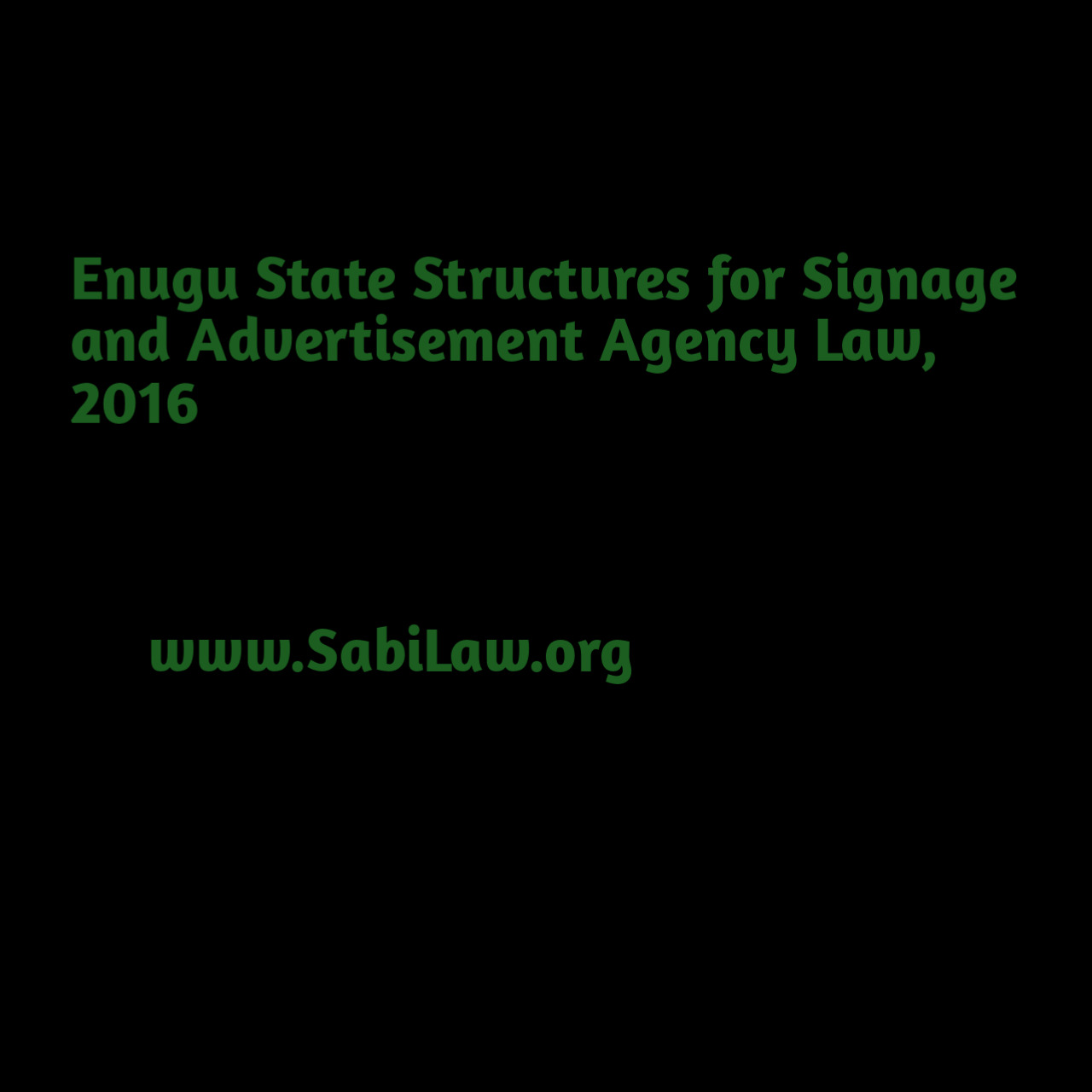
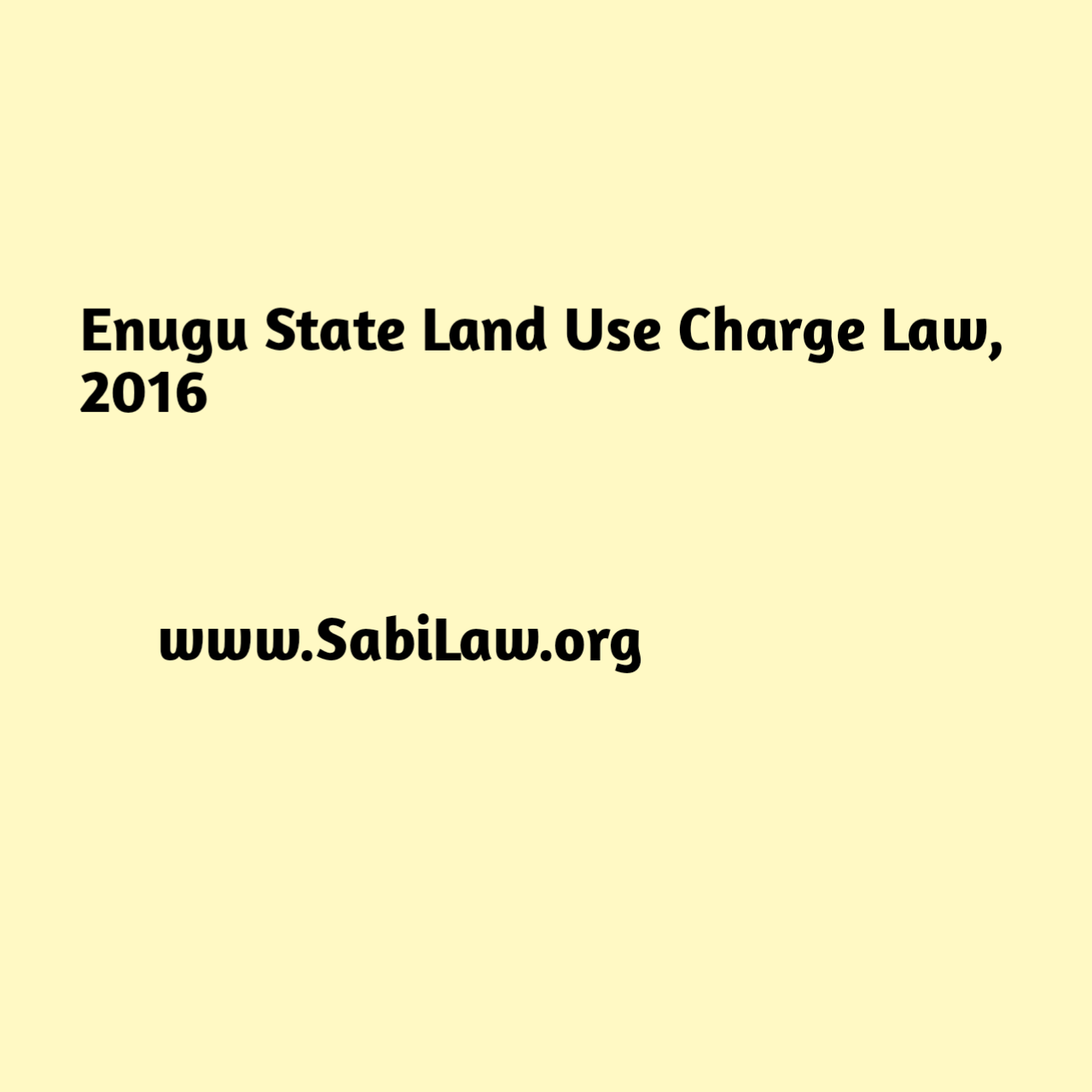
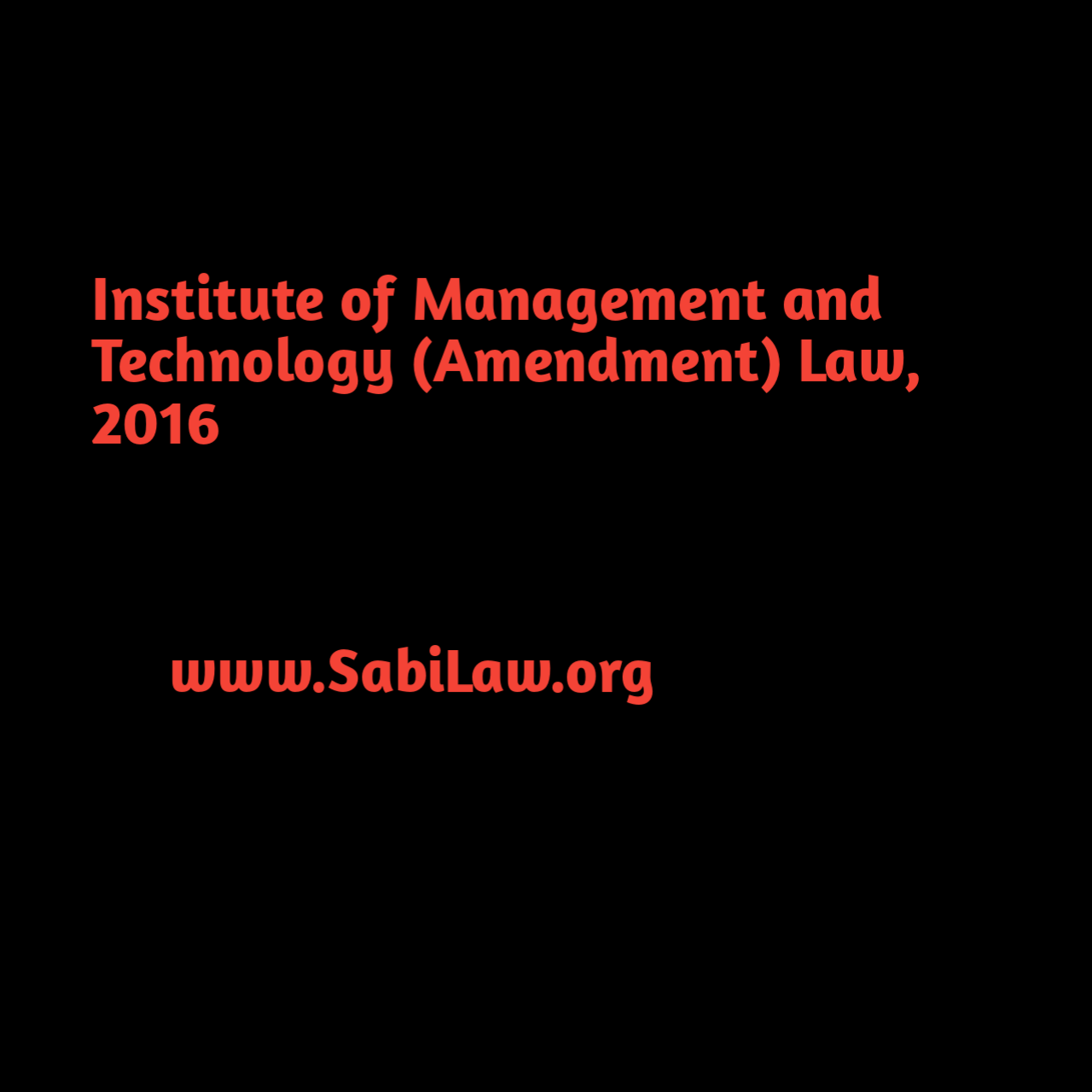
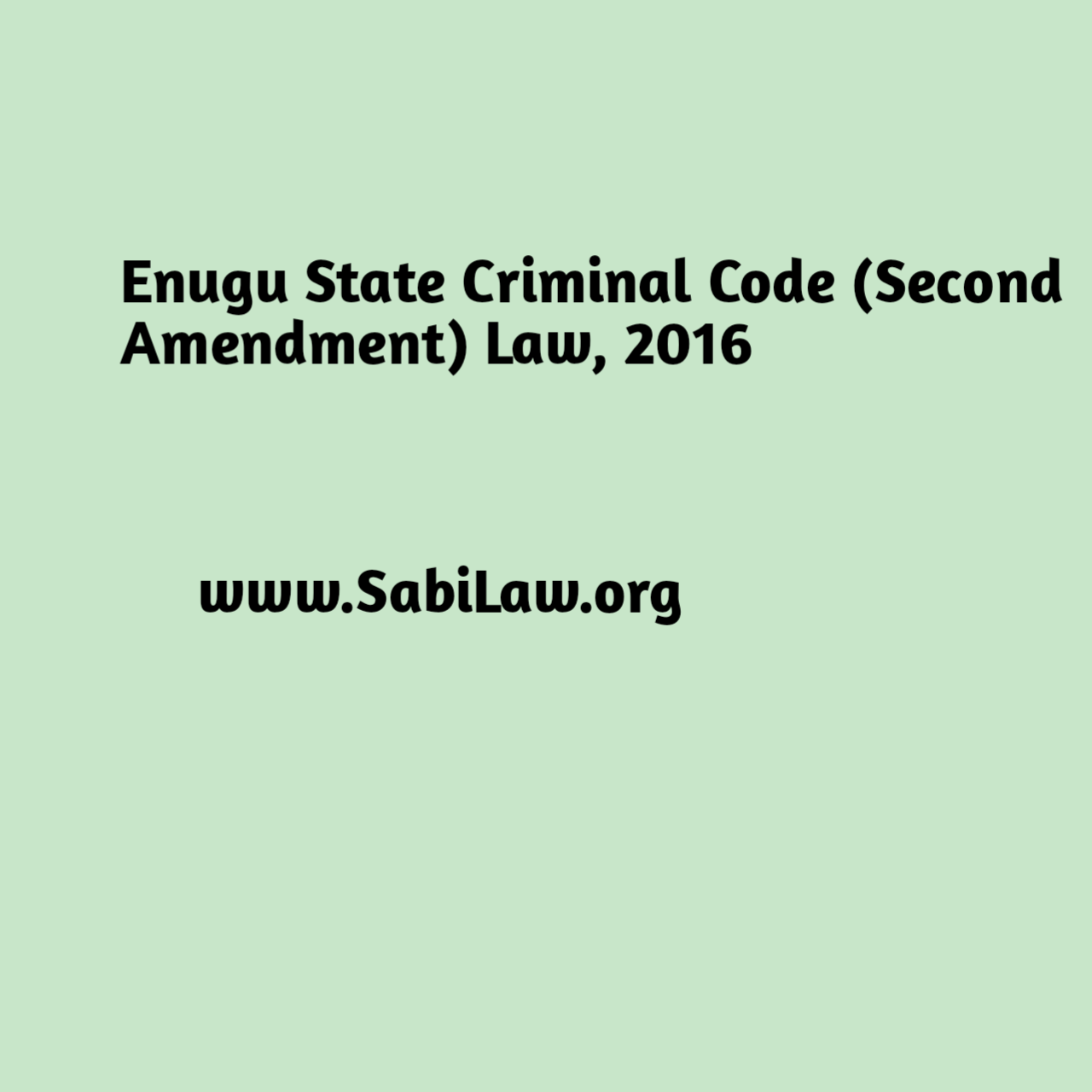
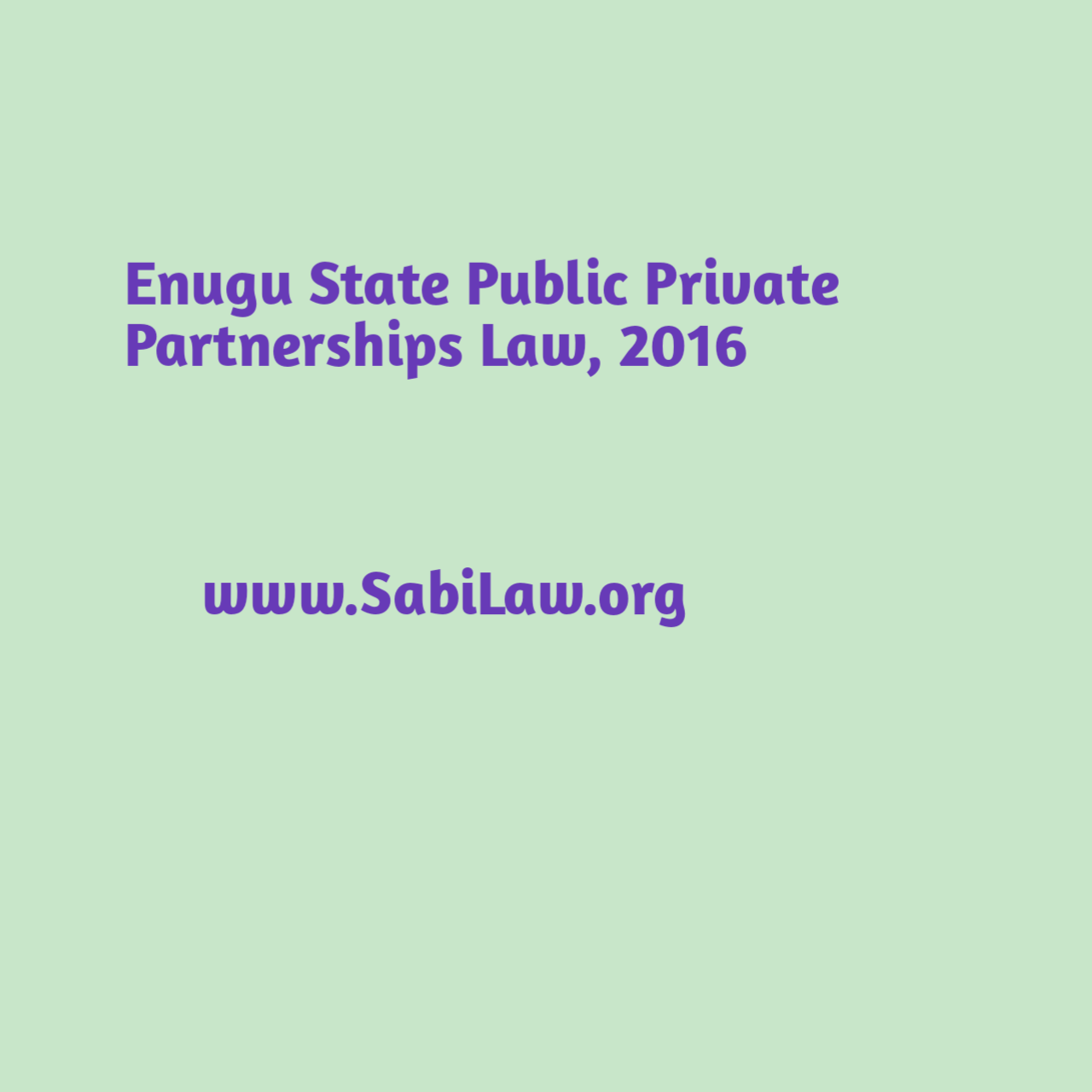
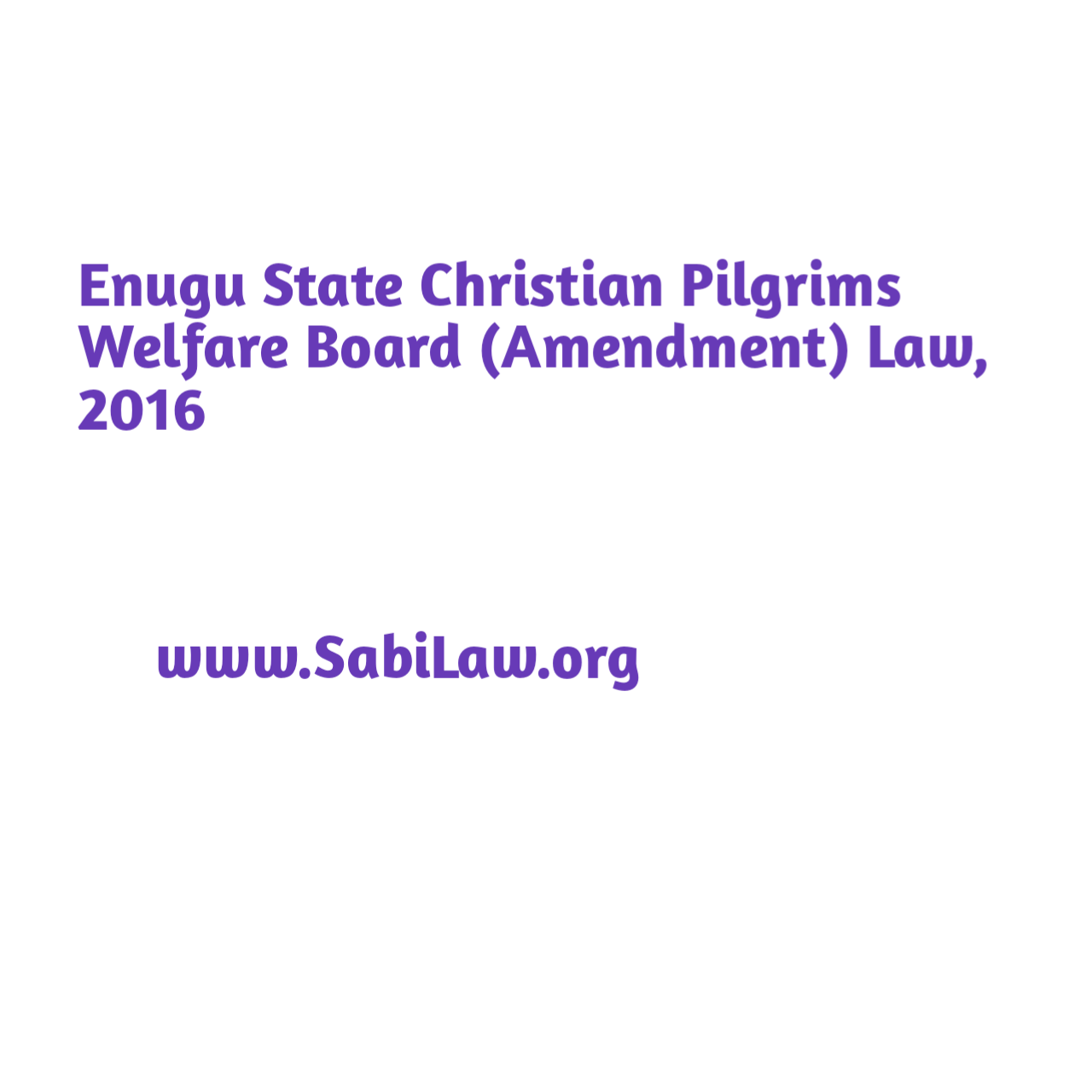
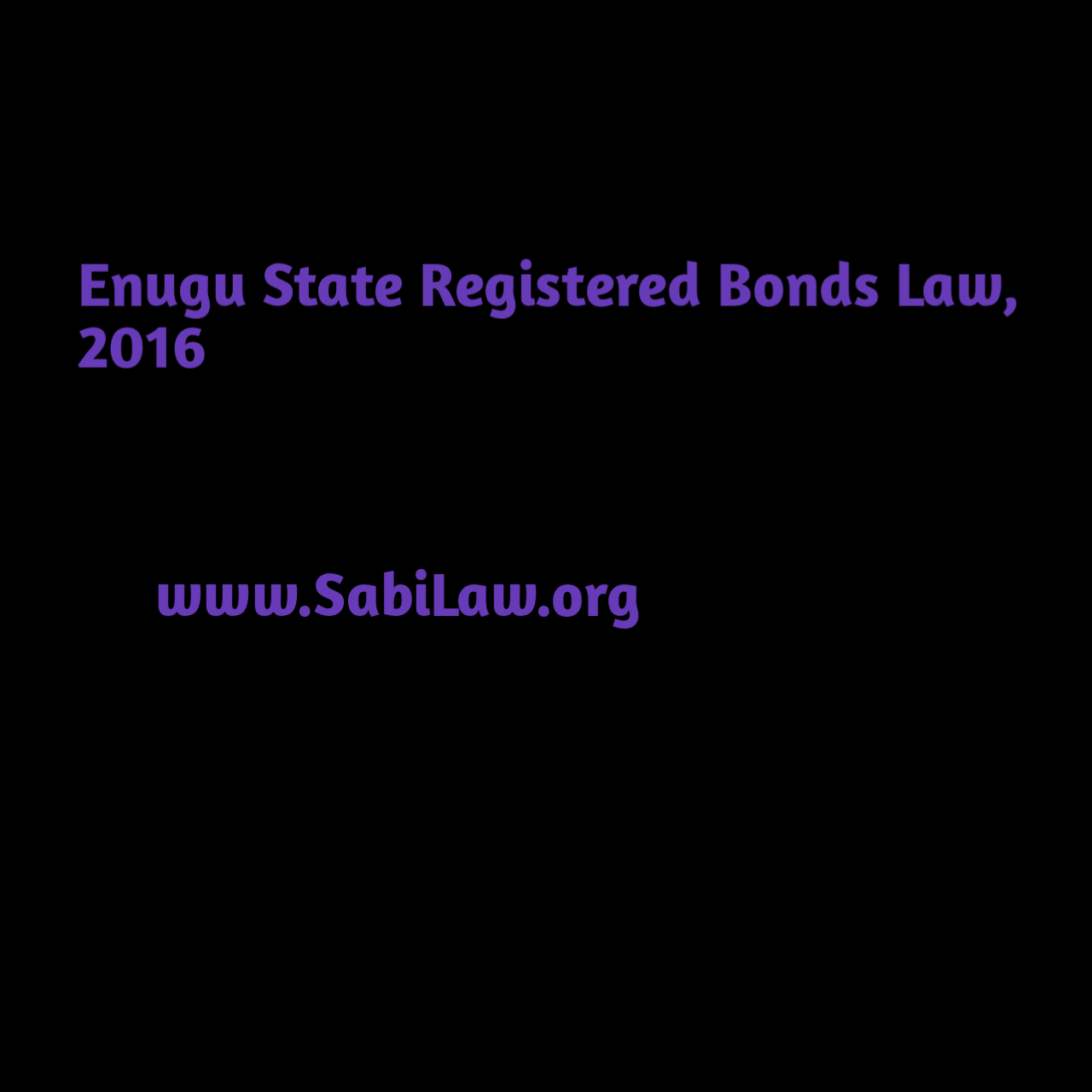
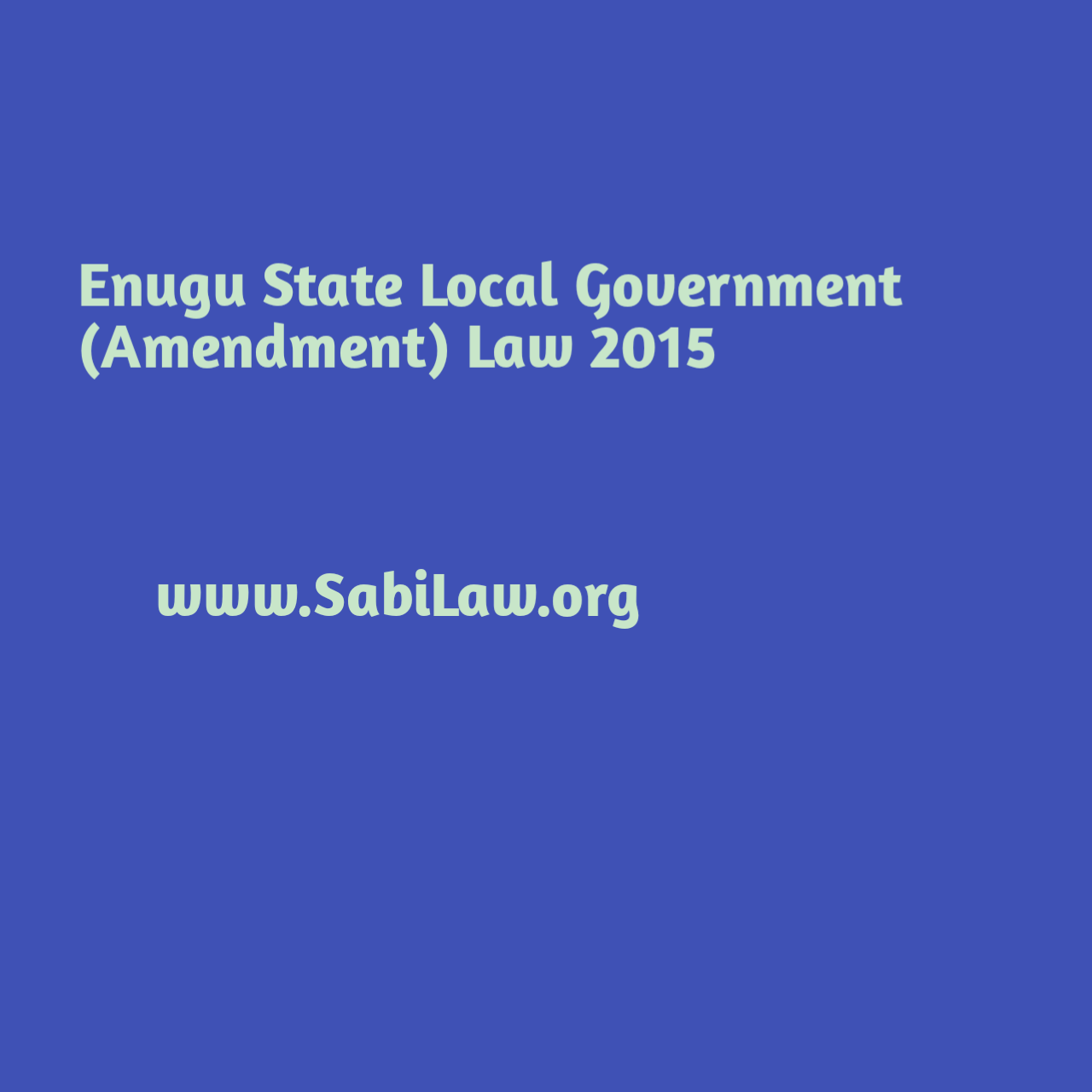
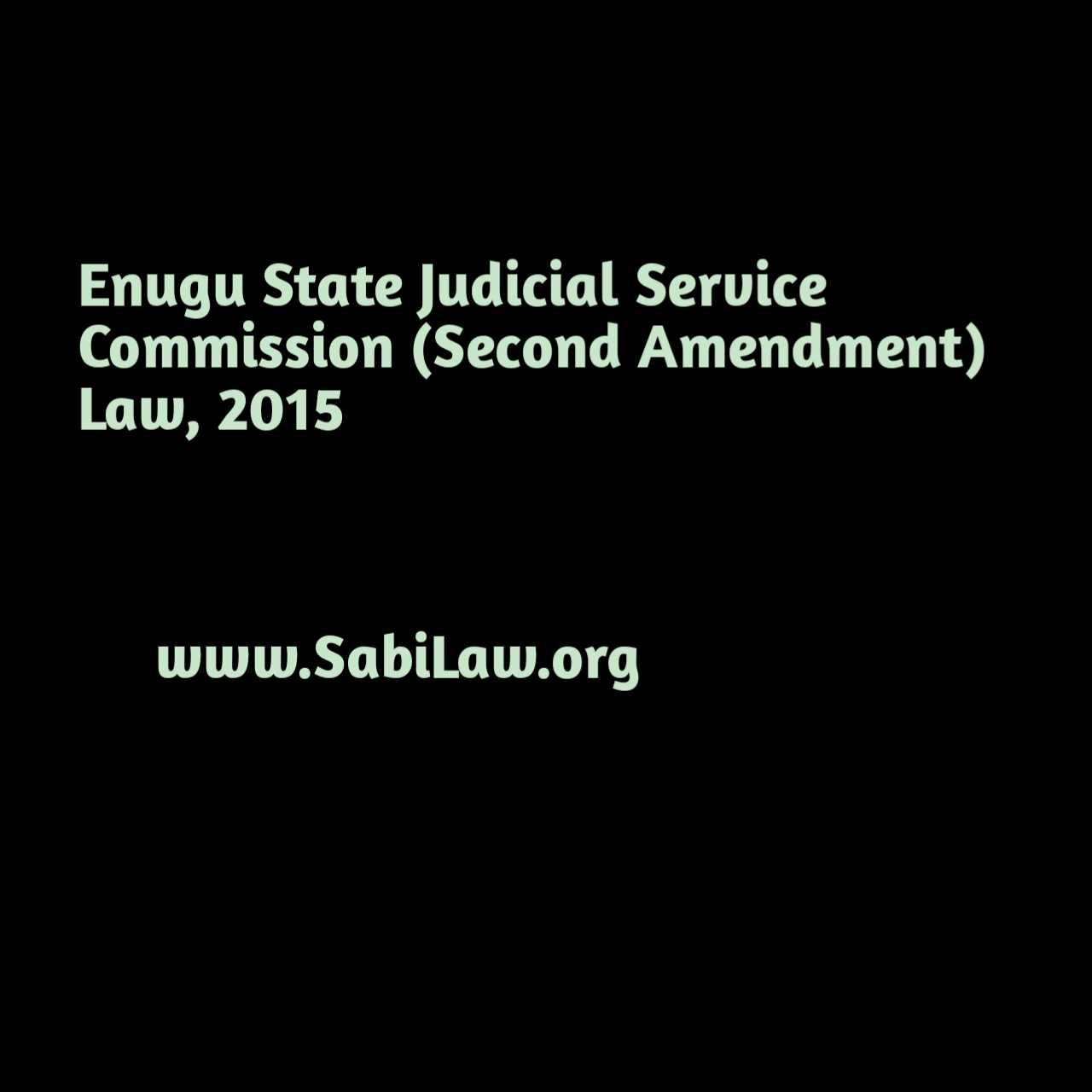
2 Responses